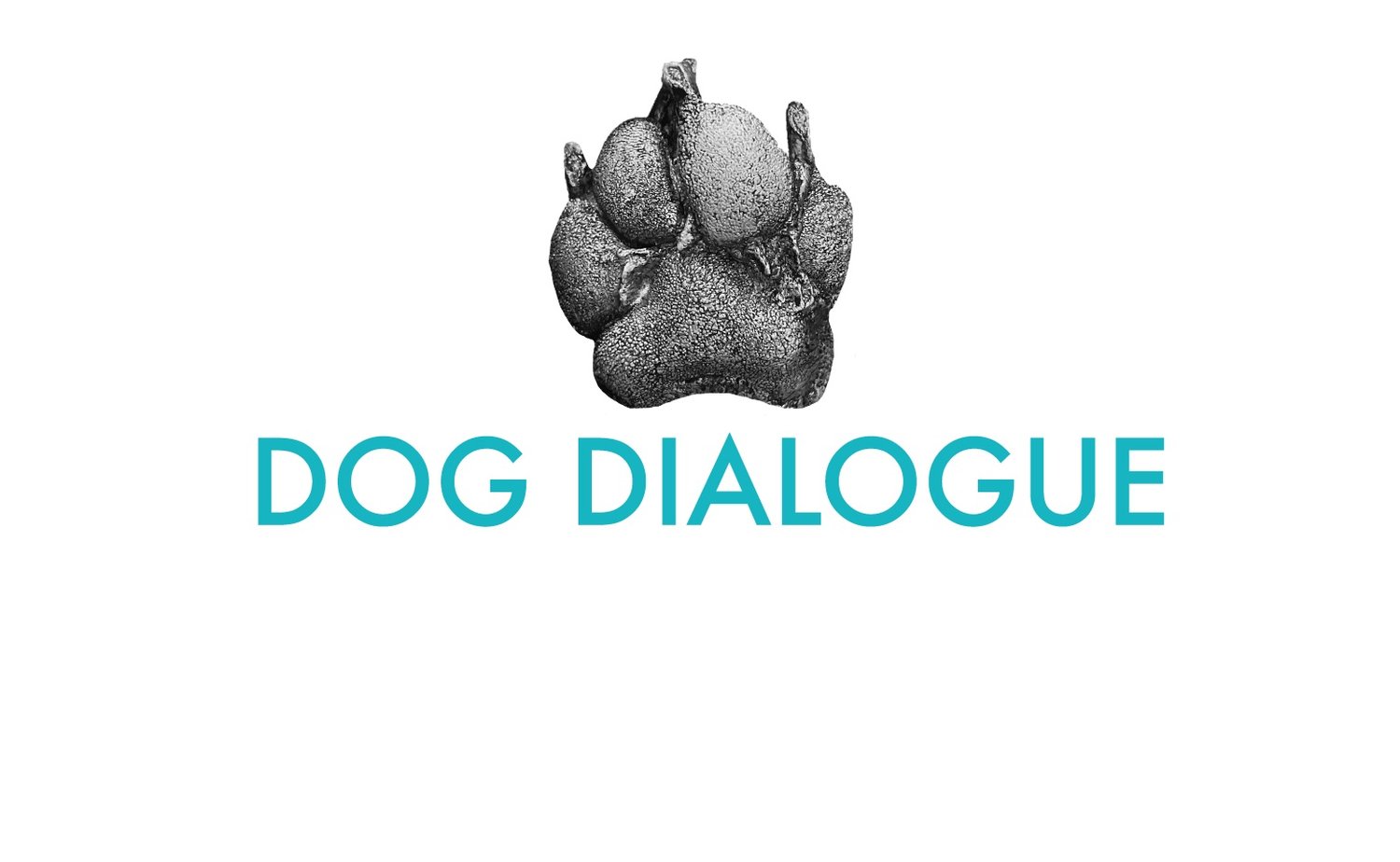Why Dog Socialisation Matters
Why Dog Socialisation Matters: Setting Your Dog Up for a Happy, Confident Life
Socialisation is one of the most crucial—and often overlooked—aspects of raising a well-balanced dog. It goes far beyond simply letting your dog meet other dogs. Proper socialisation helps shape how your dog views the world and plays a vital role in preventing future behavioural problems, including fear, anxiety, and even aggression.
So, what exactly is socialisation, and why is it so important?
What Is Dog Socialisation?
Socialisation is the process of gently and safely exposing your dog to a variety of experiences, environments, people, animals, sounds, and objects—especially during the critical developmental window between 3 and 16 weeks of age (but it can and should continue throughout a dog’s life). The goal is to help your dog feel comfortable and confident in different situations, rather than fearful or reactive.
Why Is Socialisation So Important?
1. Builds Confidence:
Dogs that are well-socialised tend to be more confident in new situations. Whether it’s walking down a busy street, visiting the vet, or meeting new dogs at the park, a socialised dog will handle these scenarios with more ease and less stress.
2. Reduces Fear and Anxiety:
A dog that hasn’t been exposed to certain environments, people, or other animals may react with fear or nervousness when confronted with something new. This fear can manifest in undesirable behaviours like barking, lunging, or even aggression.
3. Encourages Good Manners:
Socialisation teaches dogs how to interact politely with others—both humans and other animals. Through positive interactions, dogs learn boundaries, appropriate play, and how to respond calmly in social settings.
4. Prevents Behavioural Issues:
Many problem behaviours stem from a lack of exposure to the world around them. Dogs that haven’t been socialised are more likely to struggle with reactivity, separation anxiety, and territorial behaviour.
5. Makes Everyday Life Easier:
Whether you’re bringing your dog to a café, walking near a playground, or travelling, a well-socialised dog is more adaptable and easier to manage in a variety of everyday situations.
Can Older Dogs Be Socialised?
Yes! While early socialisation is ideal, it’s never too late to help your dog feel more confident and comfortable. Adult dogs may require a more gradual and structured approach, but with patience and positive reinforcement, you can still see great progress.
How We Can Help
At Dog Dialogue, we offer structured socialisation programs tailored to your dog’s age, temperament, and needs. From puppy preschool to adult dog training and behaviour support, we use safe, controlled environments to help your dog learn, grow, and thrive.
Whether your dog is shy, excitable, or somewhere in between, we’re here to guide you every step of the way. Contact us today to find out how our socialisation sessions can make life better—for both you and your dog.
